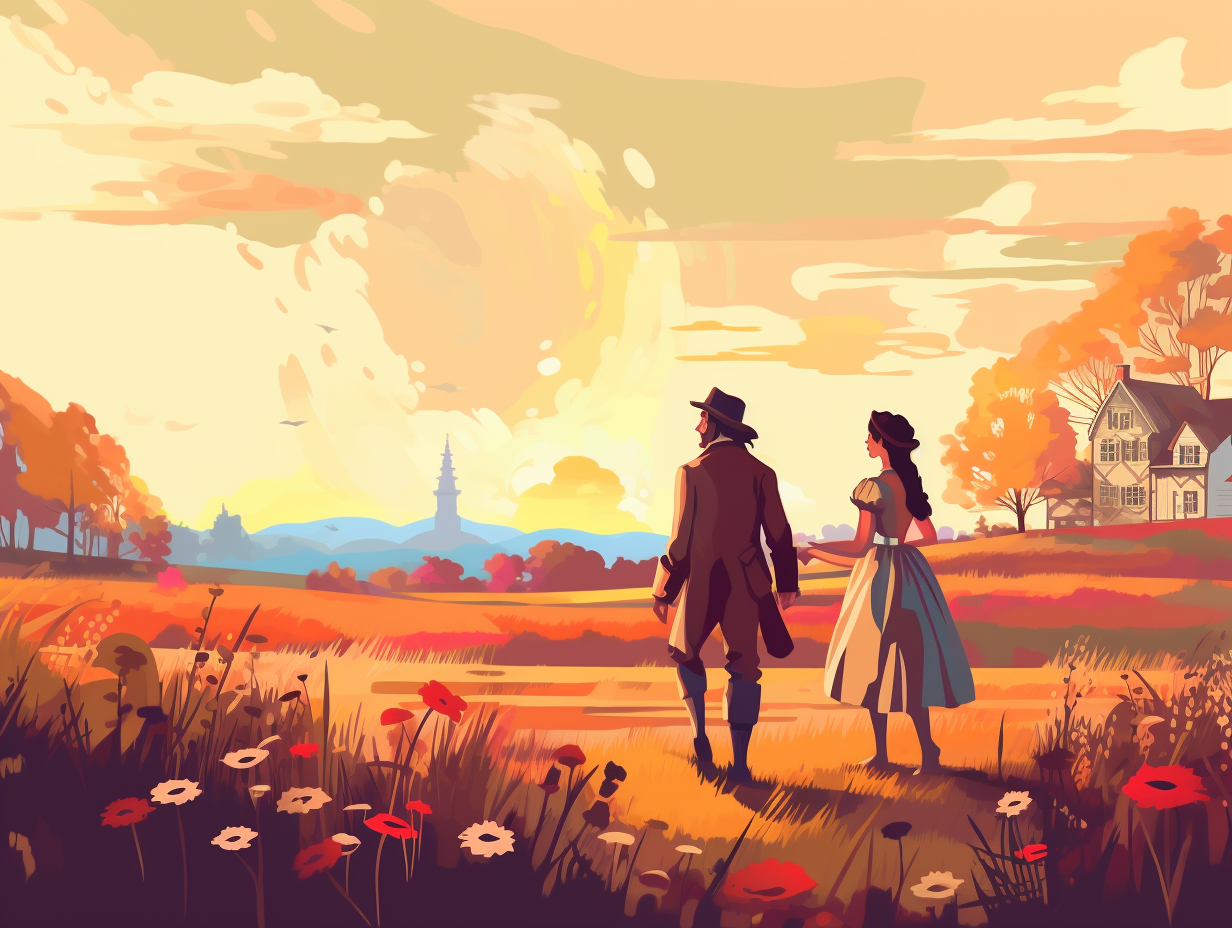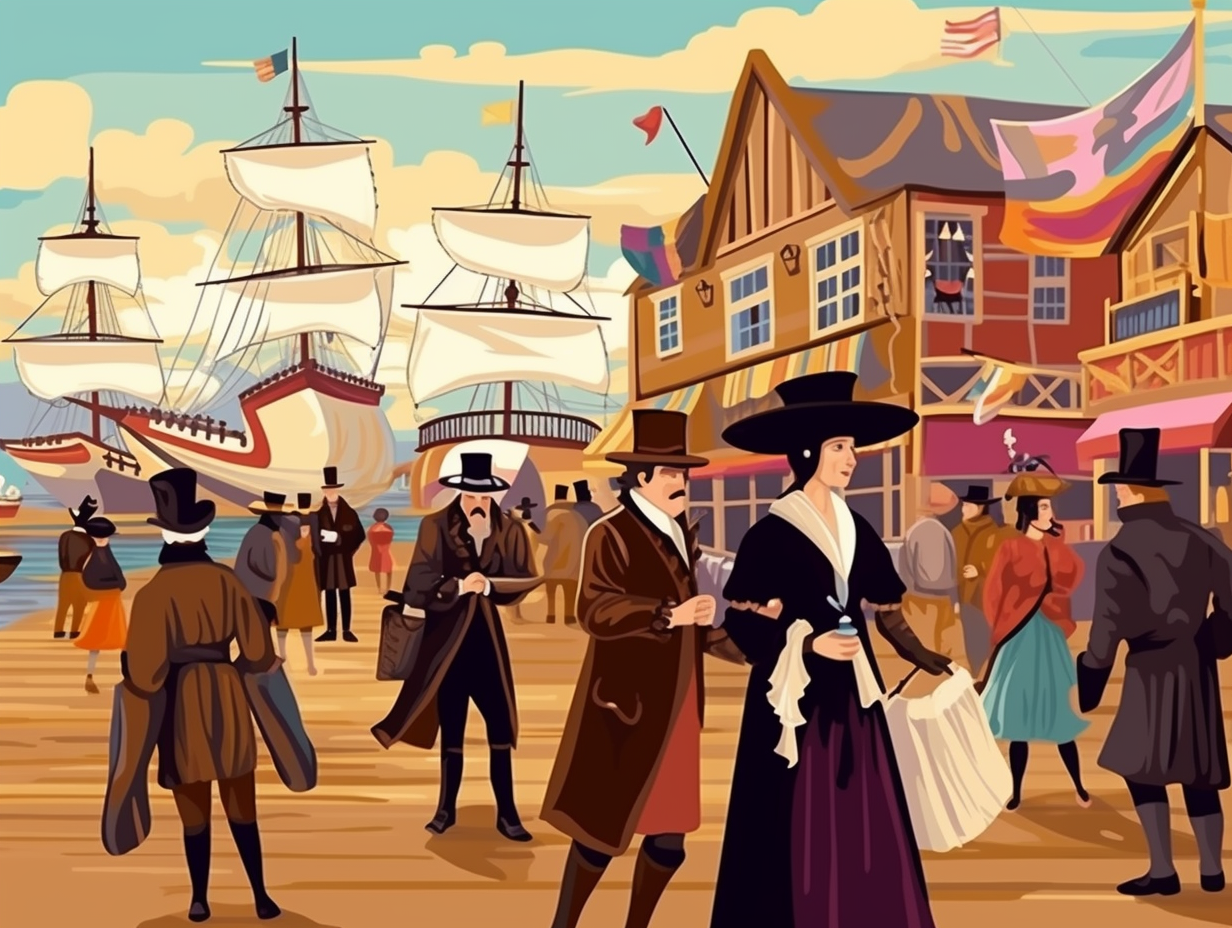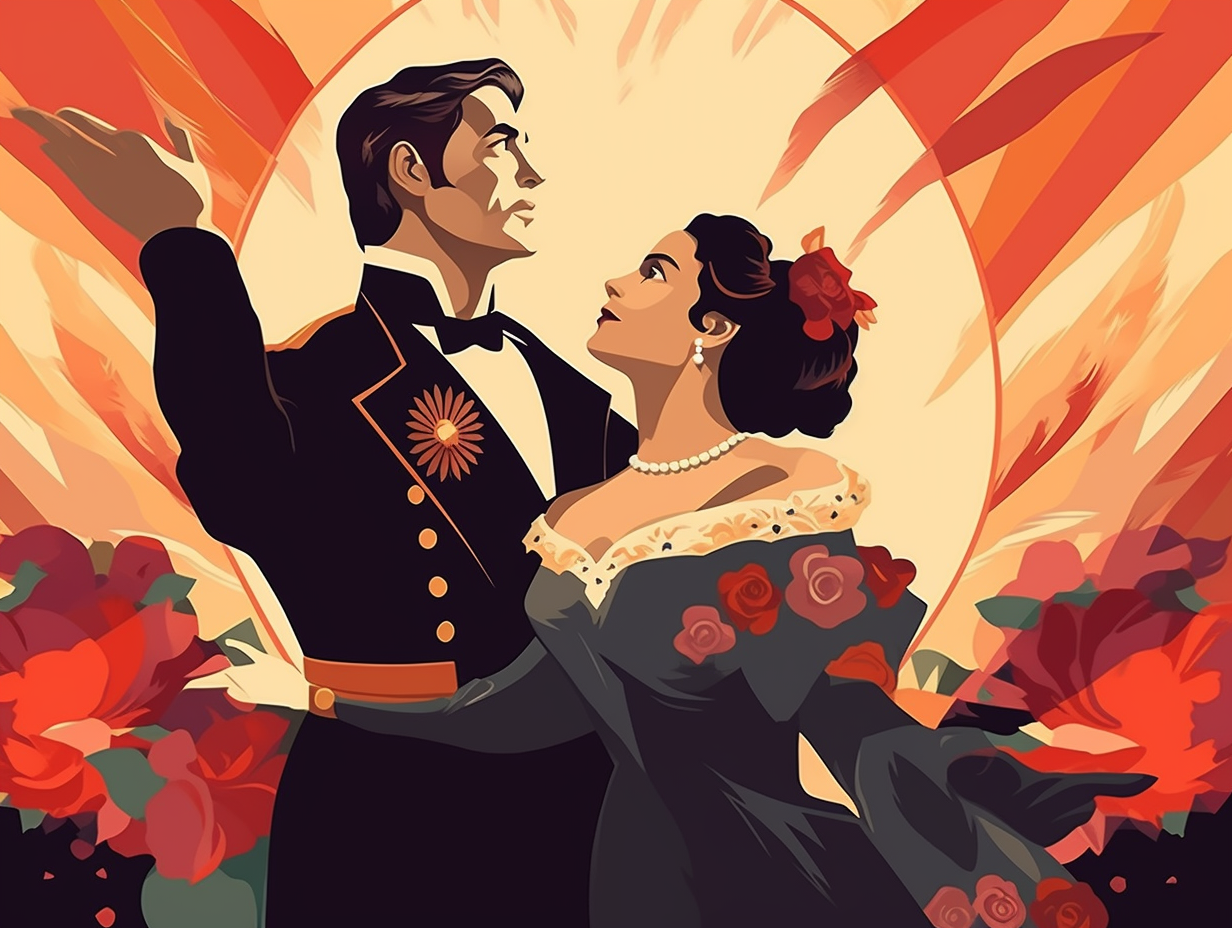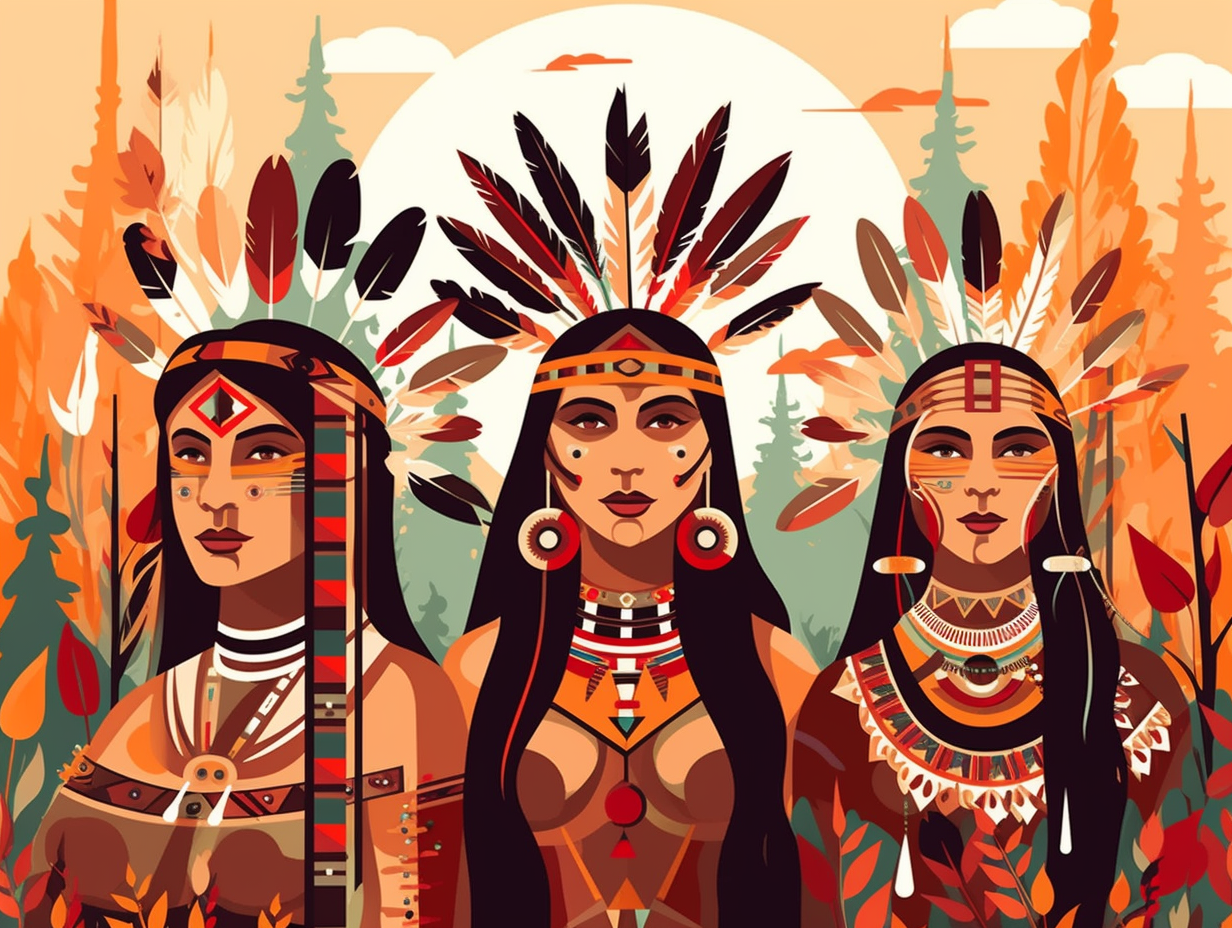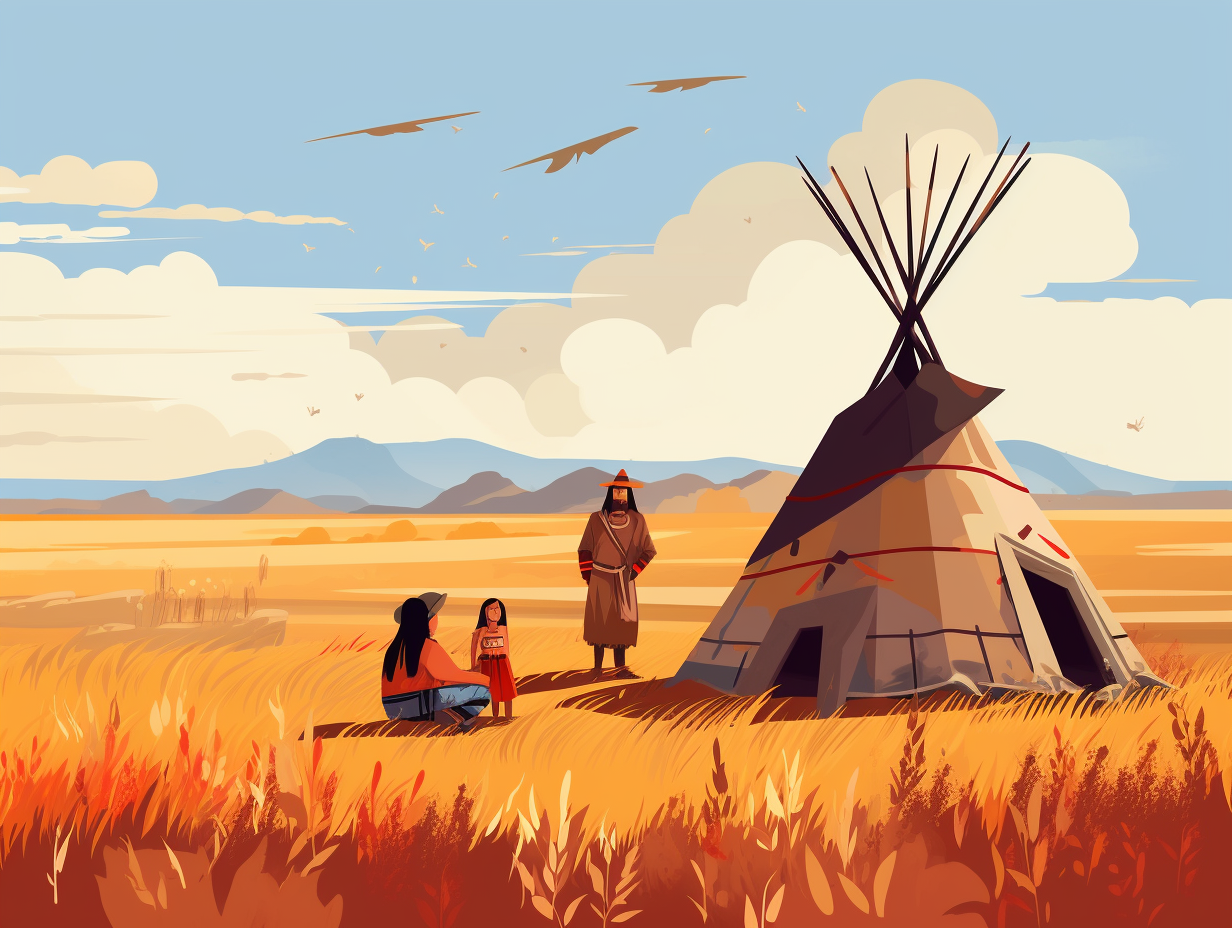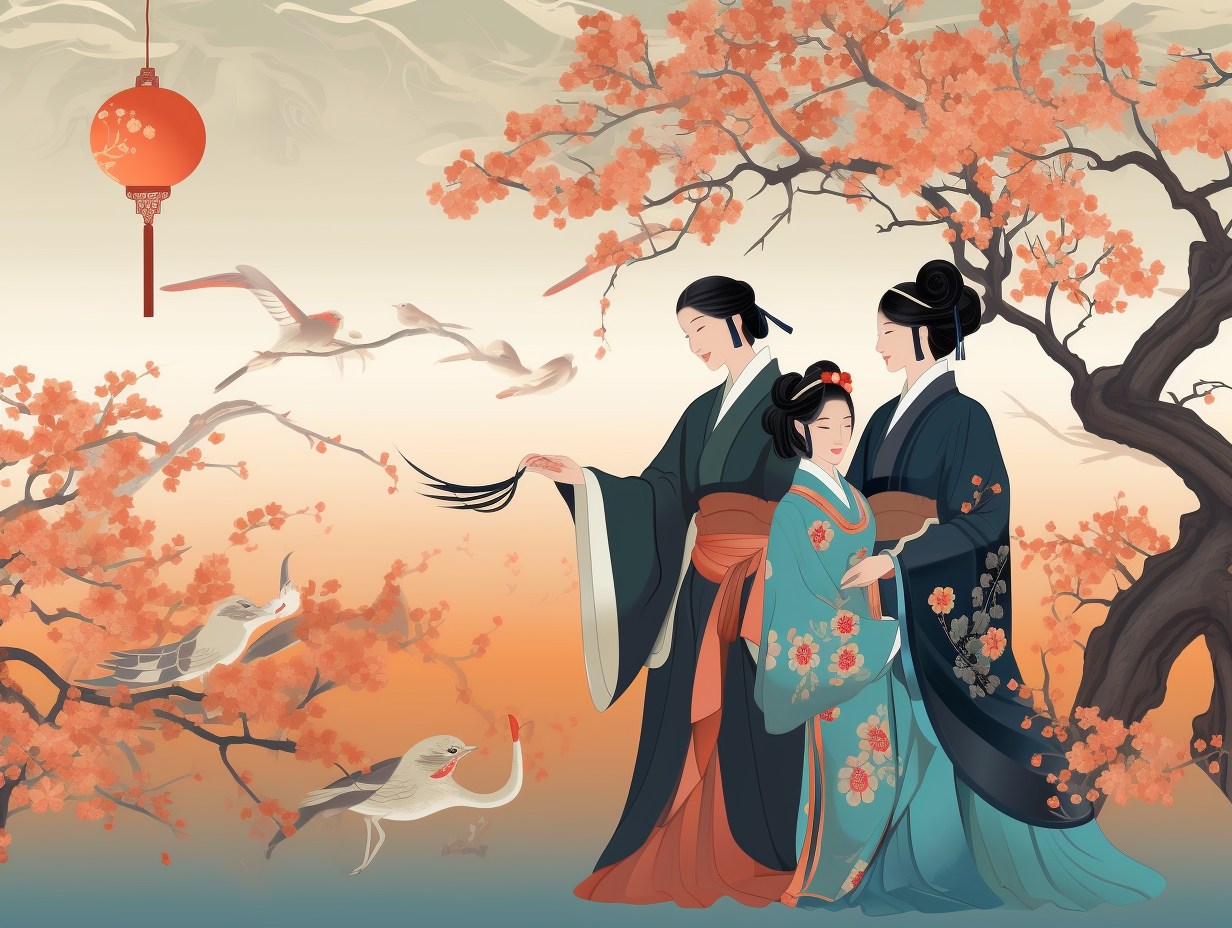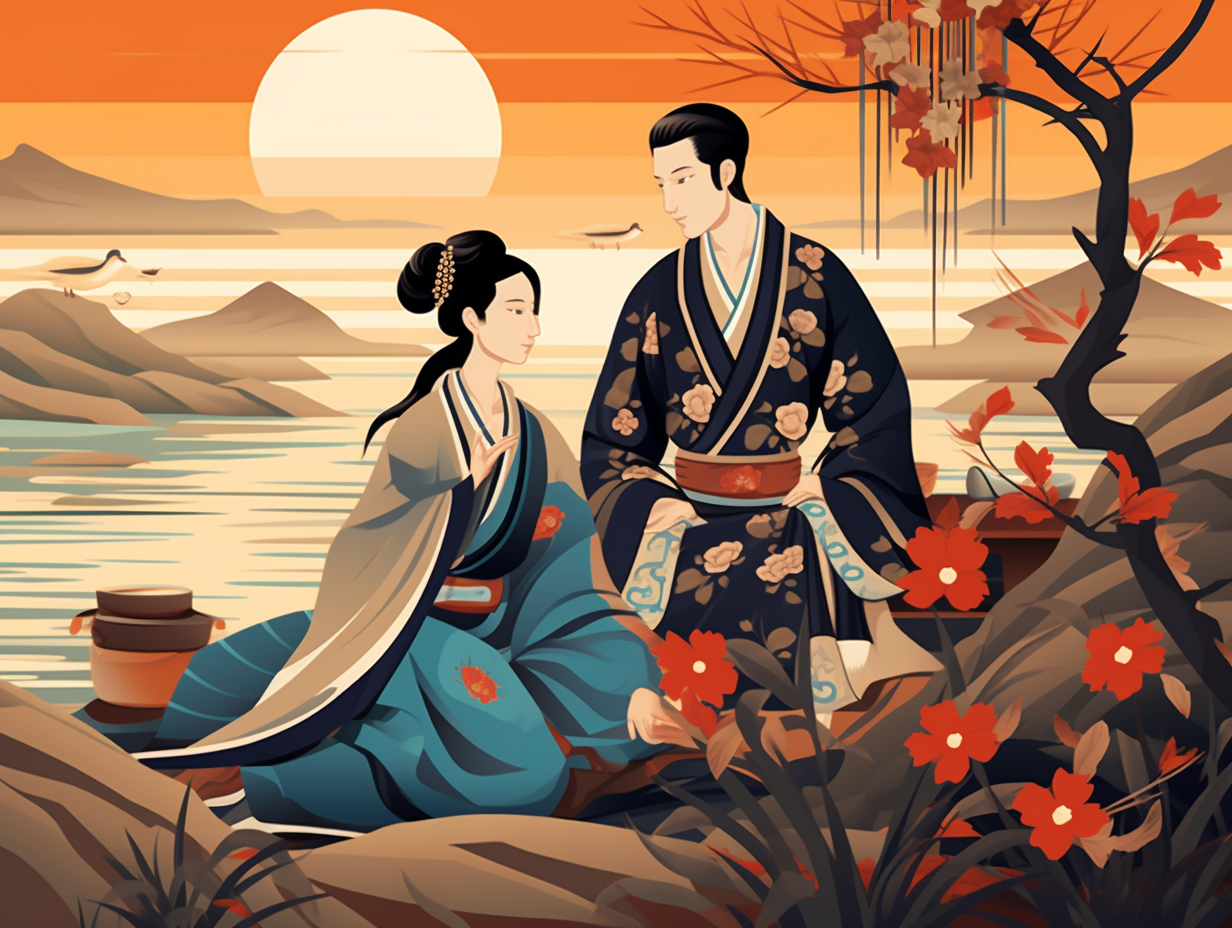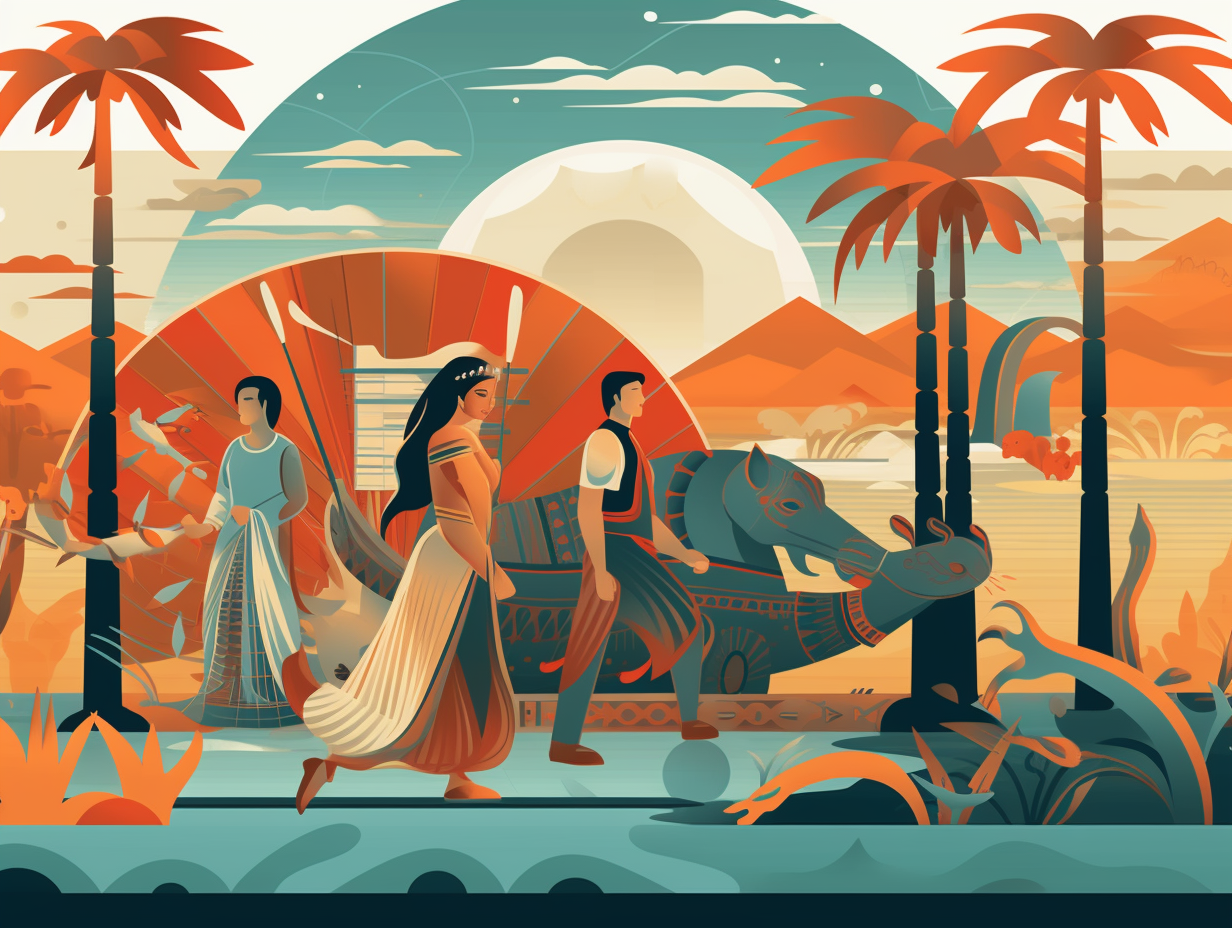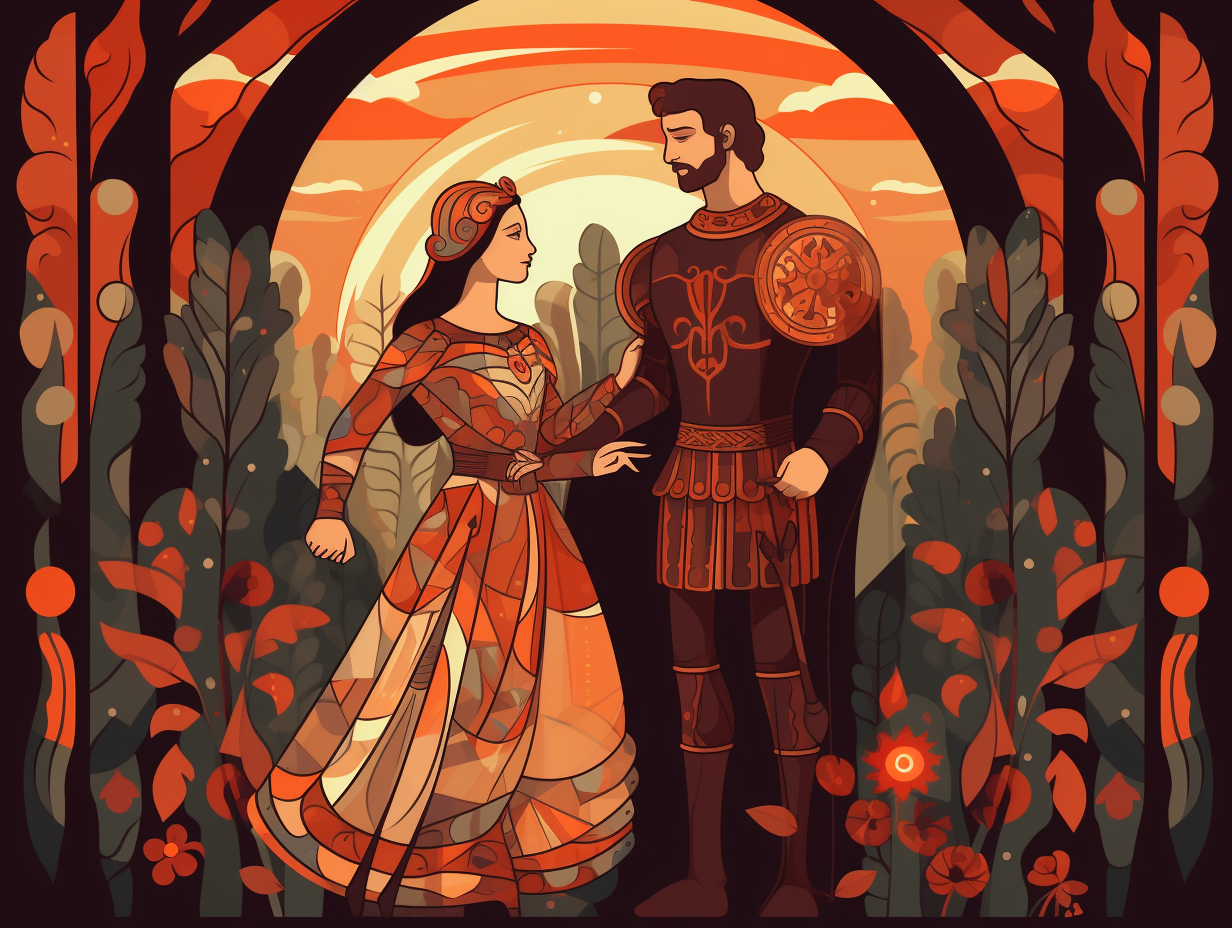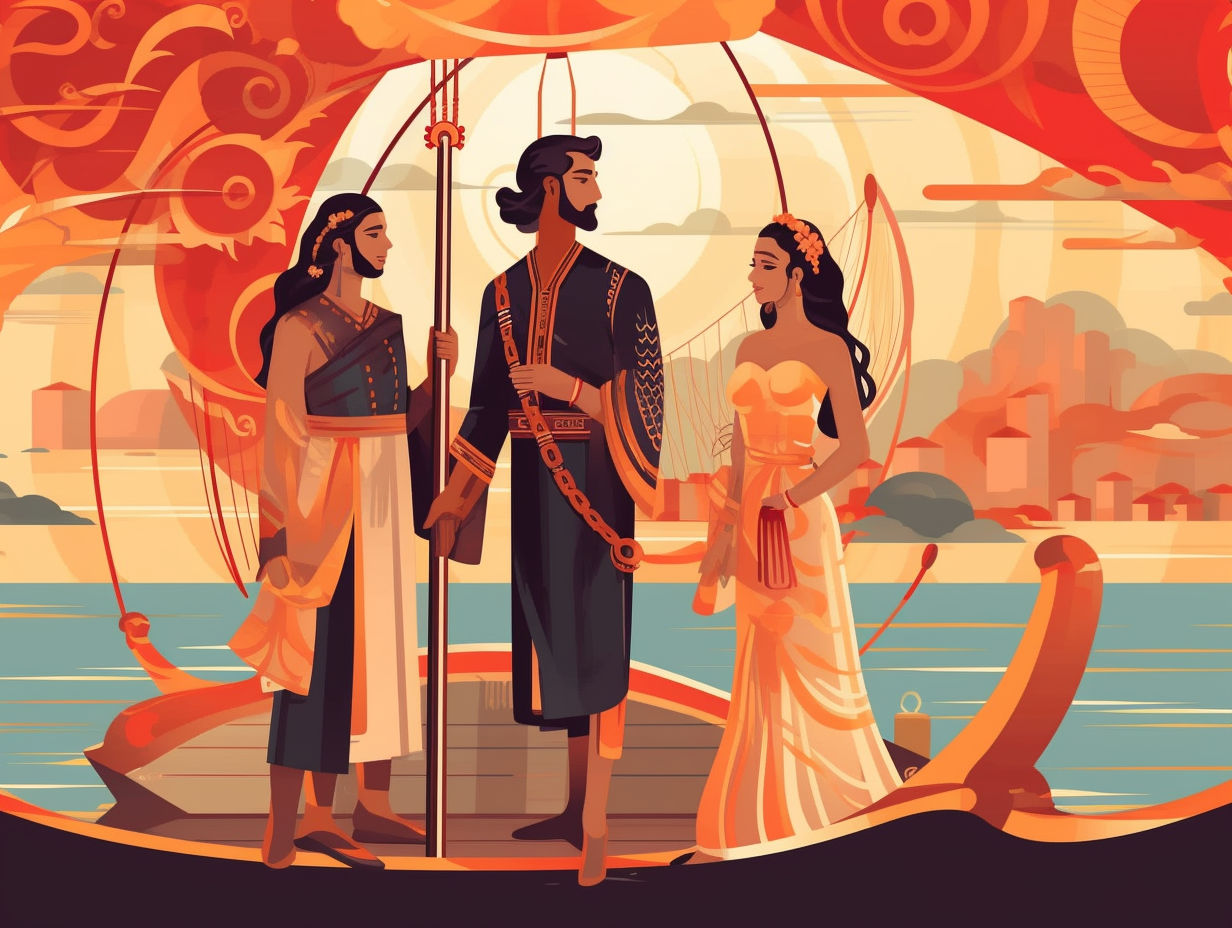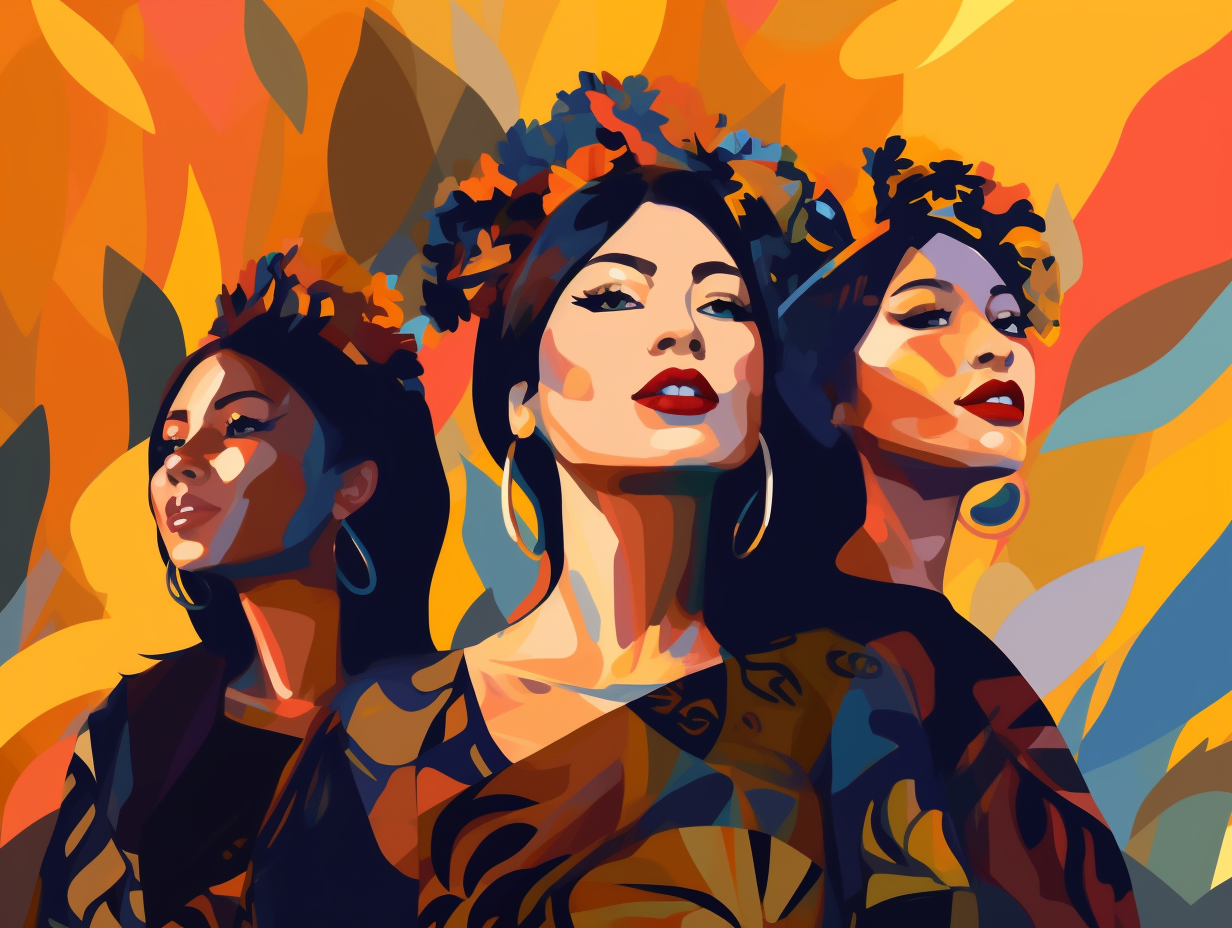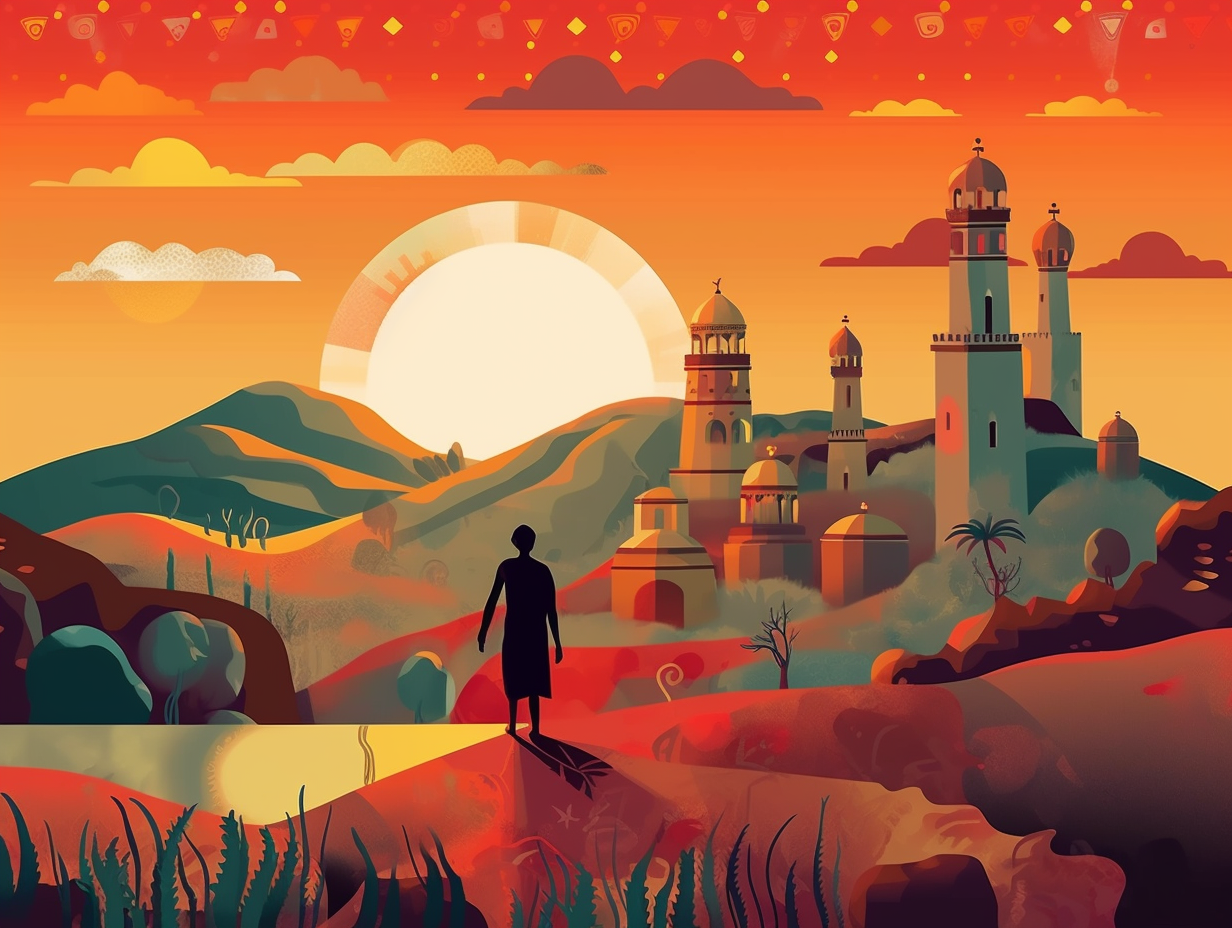Discover the Top 9 Amazing Fun Facts About Georgia Colony That Will Surprise You!

1. Rice Revolution
Rumor has it that early colonizers of Georgia preferred their rice unseasoned and free-range, but it turns out they changed their tune faster than one can say "pass the salt!": By the 1750s, Georgia had become a major producer of rice, grown and harvested by enslaved people, signaling a hefty shift towards plantation agriculture despite the initial ban on slavery.
Source => courses.lumenlearning.com
2. Hop-ful Beer Brewing Attempts
You might say that Georgia's early colonists were "hopping" to brew up success: Joseph Fitzwalter and other Georgia gardeners tried their hand at cultivating hops for brewing beer, as well as flax and hemp for naval riggings, but these attempts fell flat due to the unfavorable climate and lack of skilled labor.
Source => georgiaencyclopedia.org

Did you know Connecticut was nicknamed the "Provisions State" during the American Revolution, supplying food and munitions to the Continental Army? Discover more fascinating facts about this Founding Fathers-approved gem!
=> Fun Facts about Connecticut-Colony
3. Superhero Georgia Colony
Move over, Superman: turns out the real protector of South Carolina was the Georgia Colony, all without wearing capes or tights. But it wasn't all about fighting Spanish baddies with muskets and cannons: Georgia was actually founded by James Oglethorpe as a charitable venture to help out England's "worthy poor" and promote social reform, with Parliament funding the migration of 2,500 settlers, making it the only government-funded colonial project. Protection from Spanish Florida was just an added bonus, like a cool cape on an already awesome superhero!
Source => courses.lumenlearning.com
4. Perfect Christian Getaway
In a world where rum was considered the root of all evil and land-grabbing was highly frowned upon: Georgia Colony was once a parliamentary-funded buffer zone against Spanish, French, and Indian neighbors with a 500-acre land limit, liquor ban, and a no-slavery policy, all to build the perfect English Christian getaway!
Source => loc.gov

5. Pirate Party on Georgia Shores
Ahoy mateys, did you know that Georgia's coastal islands were often crawling with swashbuckling rogues who dined in darkness to avoid inspecting the maggot-infested buffet? Aye, 'tis true: During the colonial period, Georgia's shores were frequented by infamous pirates like Blackbeard, and governments even commissioned privateers to plunder enemy vessels in wartime, providing a secret stash of valuable resources for their land-lubbing citizens.
Source => gpb.org
6. Badass Scottish Girls
Who run the world? Scottish girls of Georgia Colony, that's who! With plaid skirts swirling and claymores in hand: these fierce females were known to take charge of their fortress defenses when the men were out playing soldier, proving that they could kick some serious colonial bad guy tuchus.
Source => gpb.org
7. No Slavery, Just Silky Smooth
In a twist no one expected, Georgia's initial Prohibition didn't involve alcohol but rather something even more controversial: slavery! That's right: In the early years of the Georgia Colony, slavery was actually forbidden, with a focus on granting land to debtors and planting mulberry trees for a booming silk industry. Alas, the pressure from neighboring colonies led to this ban being lifted, showing that even historical Georgia couldn't resist peer pressure.
Source => beehivefoundation.org
8. Slow-Motion Snail Mail
Before email was the snail mail, and boy, were they taking their time in Charleston: It wasn't until the mid-1750s that an official overland postal route connected the South Carolina colony's first letter office, established in January 1694/5, to the American postal system.
Source => ccpl.org
9. Artisan Party in Georgia
When settling the Georgia Colony, James Oglethorpe applied the logic of a choose-your-own-adventure novel: skilled workforce edition. He must have thought, "Why send debtors when you can have an artisan party?": Surprisingly, none of the first colonists selected for Georgia were formerly jailed debtors. Instead, Oglethorpe and the Trustees handpicked skilled individuals like carpenters, tailors, and farmers, with the aim to create a prosperous colony focused on comfortable living rather than amassing vast personal fortunes.
Source => georgiaencyclopedia.org
Related Fun Facts

